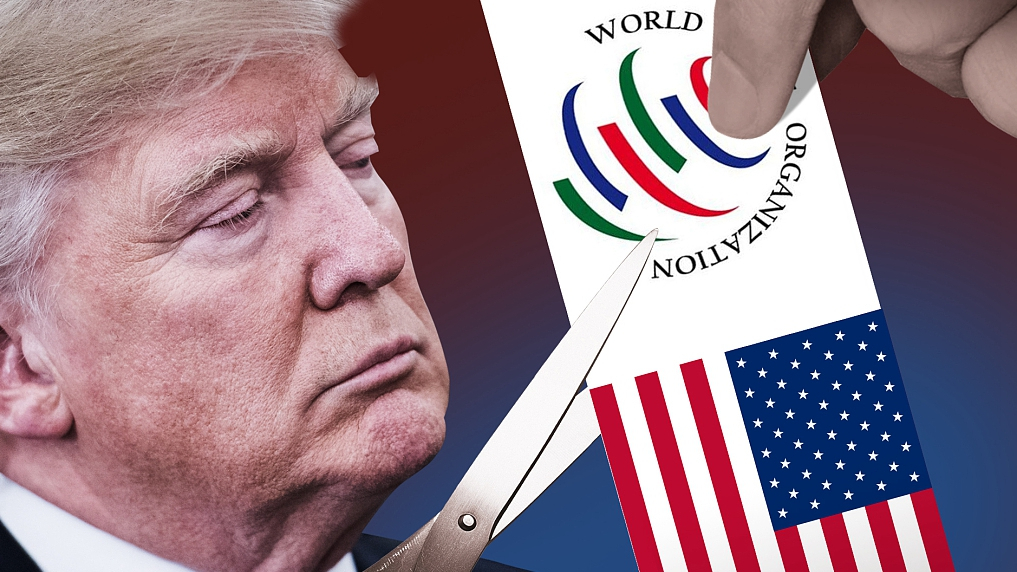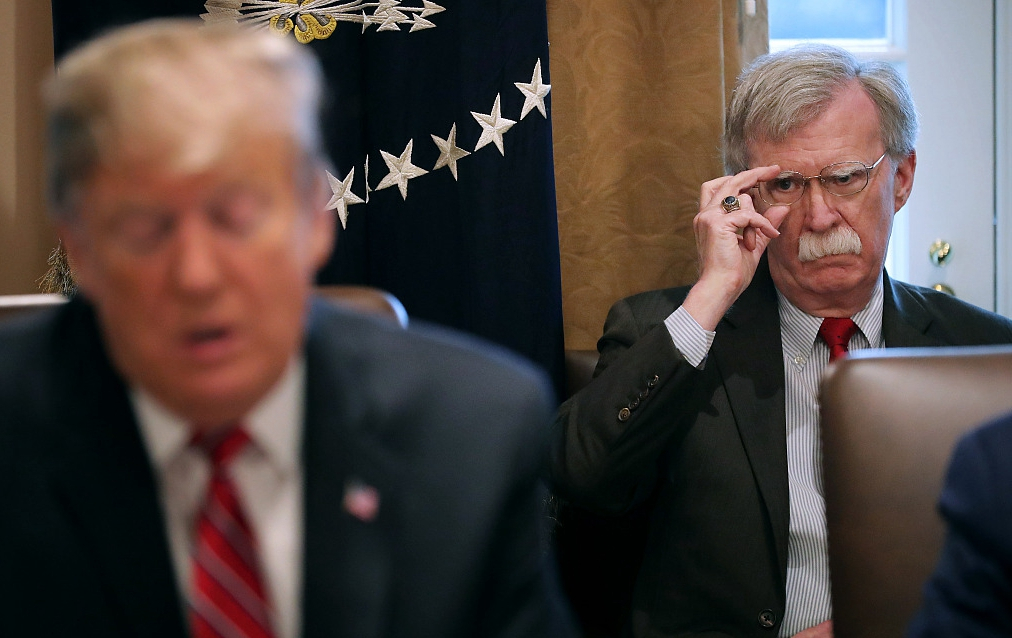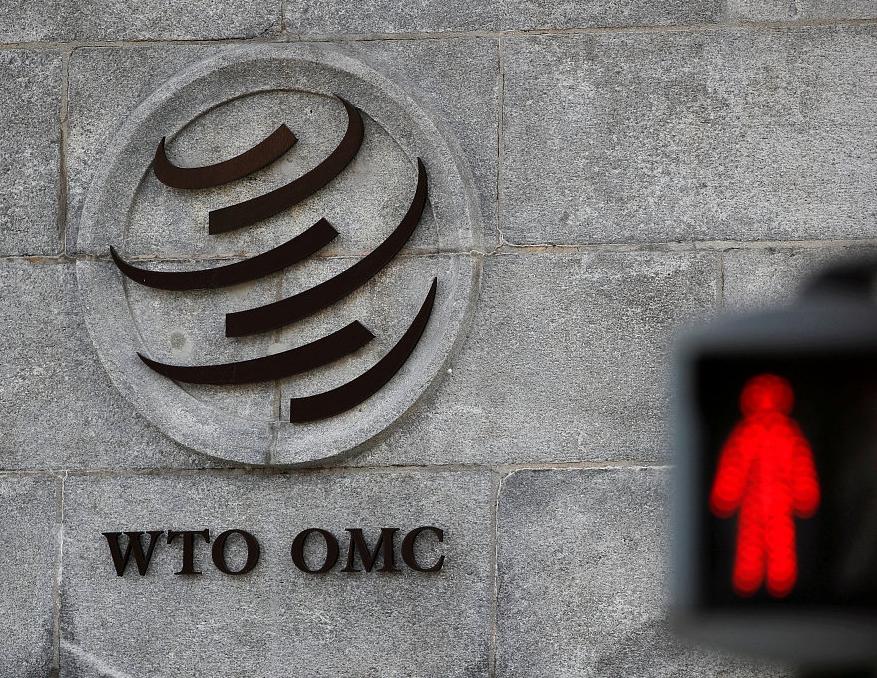
Biz Analysis
13:52, 22-Mar-2019
Could the U.S. leave the WTO in 2019?
Nicholas Moore

The World Trade Organization, one of the most important safeguards protecting the global trading system, is outdated and under threat.
While most agree on a need for WTO reform to better reflect a modern, rapidly changing world, the U.S. and its president have threatened to pull out.
Last August, Donald Trump told Bloomberg that the U.S. would withdraw from the WTO “if they don't shape up,” with the president apparently exasperated by a system set up to “benefit everybody but us.”
A U.S. withdrawal from the WTO would be a deadly blow, not just to the organization itself but to multilateralism, global cooperation and the entire international trading system.
What is the WTO?
Established in 1995, the Geneva-based WTO provides a space for governments to negotiate trade deals and settle disputes, with the ultimate aim of helping “producers of goods and services, exporters, and importers conduct their business.”
With 164 members accounting for 98 percent of all global trade, the WTO has lowered trade barriers and implemented measures to boost developing economies through preferential trade policies.

WTO Director-General Roberto Azevedo speaks at the first China International Import Expo in Shanghai, November 2018. /VCG Photo
WTO Director-General Roberto Azevedo speaks at the first China International Import Expo in Shanghai, November 2018. /VCG Photo
Why would the U.S. want to leave?
Trump has claimed the U.S. loses “almost all of the lawsuits at the WTO,” referring to trade disputes settled by the body.
While the U.S. does not win every lawsuit it is involved in, WTO rulings go in its favor around 90 percent of the time when it is the complainant. It loses in around 90 percent of the cases other countries put forward against its trade practices.
Hawkish White House advisor John Bolton has said the WTO “fails to deter violators,” while the rulings threaten the U.S.' national sovereignty and ability to “strictly implement U.S. trade laws.”
The WTO has also been criticized for failing to keep up with changes in the global economy, with rapid growth in the services and technology sectors difficult to regulate effectively.

U.S. President Donald Trump and National Security Advisor John Bolton have both publicly criticized the WTO. /VCG Photo
U.S. President Donald Trump and National Security Advisor John Bolton have both publicly criticized the WTO. /VCG Photo
The U.S. wields power over the nomination of judges at the WTO's final court of appeal (the Appellate Body), and is currently refusing to allow any new names to be put forward to decide disputes.
Several judges' terms on the Appellate Body will expire this year, and no new approvals from the U.S. would mean there will be fewer than three members left – not enough to pass judgments on any rulings.
Without reform, this deadlock on the Appellate Body alone presents a very serious, existential threat to the WTO.
Can the WTO be reformed?
In theory, yes. China has voiced its support for change at the WTO, and the European Union has looked to put reform proposals on the table.
In November, the Chinese Ministry of Commerce put forward “three fundamental principles and five proposals” concerning WTO reform, calling on the body to enforce rules “jointly made by the international community, rather than a minority of members.”

Is there any way forward for WTO reform? /VCG Photo
Is there any way forward for WTO reform? /VCG Photo
While Trump and Bolton are vocal opponents of the WTO, U.S. Commerce Secretary Wilbur Ross has called talk of an American withdrawal “a little premature.” U.S. WTO Ambassador Dennis Shea has said the U.S. will look to lead on reform.
However, while many parties seek reform, they do not necessarily all seek the same reform.
Therein lies one of the biggest challenges to WTO reform – any major change needs unanimous approval from each and every member.
The Doha Round of Negotiations is a draft of WTO reforms that still has not been approved by the 164-member body, more than 18 years after first being proposed.

SITEMAP
Copyright © 2018 CGTN. Beijing ICP prepared NO.16065310-3
Copyright © 2018 CGTN. Beijing ICP prepared NO.16065310-3